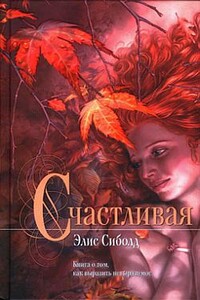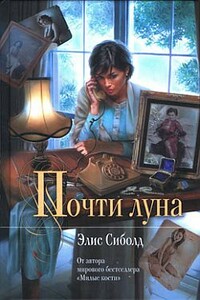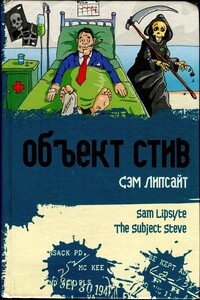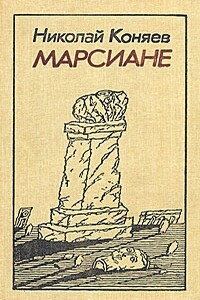“Maybe not today or tomorrow,” he said to my mother, “but someday he’ll do something uncontrollable. They are too uncontrolled in their habits not to.”
My mother was left to entertain Len Fenerman until my father arrived home from the Singhs’. On the table in the family room Buckley’s crayons were scattered across the butcher paper my mother had laid down. Buckley and Nate had drawn until their heads began to nod like heavy flowers, and my mother had plucked them up in her arms, first one and then the other, and brought them over to the couch. They slept there end to end with their feet almost touching in the center.
Len Fenerman knew enough to talk in hushed whispers, but he wasn’t, my mother noted, a worshiper of children. He watched her carry the two boys but did not stand to help or comment on them the way the other policemen always did, defining her by her children, both living and dead.
“Jack wants to talk to you,” my mother said. “But I’m sure you’re too busy to wait.”
“Not too busy.”
I saw a black strand of her hair fall from where she had tucked it behind her ear. It softened her face. I saw Len see it too.
“He went over to that poor Ray Singh’s house,” she said and tucked the fallen hair back in its proper place.
“I’m sorry we had to question him,” Len said.
“Yes,” she said. “No young boy is capable of…” She couldn’t say it, and he didn’t make her.
“His alibi was airtight.”
My mother took up a crayon from the butcher paper.
Len Fenerman watched my mother draw stick figures and stick dogs. Buckley and Nate made quiet sounds of sleep on the couch. My brother curled up into a fetal position and a moment later placed his thumb in his mouth to suck. It was a habit my mother had told us all we must help him break. Now she envied such easy peace.
“You remind me of my wife,” Len said after a long silence, during which my mother had drawn an orange poodle and what looked like a blue horse undergoing electroshock treatment.
“She can’t draw either?”
“She wasn’t much of a talker when there was nothing to say.”
A few more minutes passed. A yellow ball of sun. A brown house with flowers outside the door – pink, blue, purple.
“You used the past tense.”
They both heard the garage door. “She died soon after we were married,” he said.
“Daddy!” Buckley yelled, and leapt up, forgetting Nate and everyone else.
“I’m sorry,” she said to Len.
“I am too,” he said, “about Susie. Really.”
In the back hall my father greeted Buckley and Nate with high cheers and calls for “Oxygen!” as he always did when we besieged him after a long day. Even if it felt false, elevating his mood for my brother was often the favorite part of his day.
My mother stared at Len Fenerman while my father walked toward the family room from the back. Rush to the sink, I felt like saying to her, stare down the hole and look into the earth. I’m down there waiting; I’m up here watching.
Len Fenerman had been the one that first asked my mother for my school picture when the police thought I might be found alive. In his wallet, my photo sat in a stack. Among these dead children and strangers was a picture of his wife. If a case had been solved he had written the date of its resolution on the back of the photo. If the case was still open – in his mind if not in the official files of the police – it was blank. There was nothing on the back of mine. There was nothing on his wife’s.
“Len, how are you?” my father asked. Holiday up and wiggling back and forth for my father to pet him.
“I hear you went to see Ray Singh,” Len said.
“Boys, why don’t you go play up in Buckley’s room?” my mother suggested. “Detective Fenerman and Daddy need to talk.”







